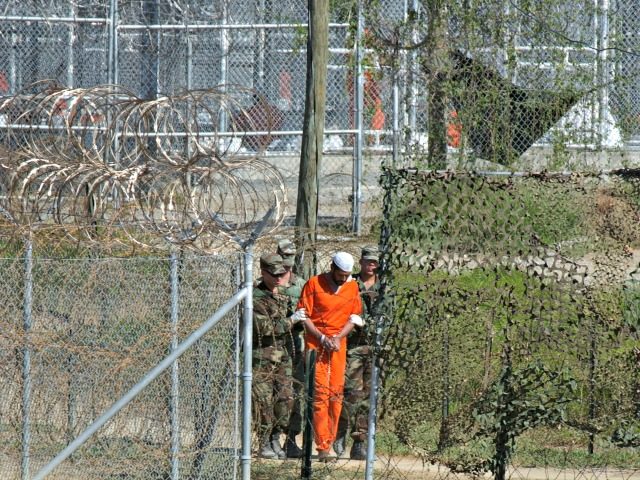Human Lives Human Rights: An ongoing systematic mass deportation of Haitian migrants and refugees could be one of America’s swiftest, large-scale expulsions of migrants or refugees in decades.
The US policies have also deterred Haitians from pursuing protection including asylum claims and forced them to return to other countries, where they face an atmosphere of racial discrimination, gender violence and xenophobic violence, said a news release.
Rights experts say that the United States is subjecting a group of predominantly Black migrants to impermissible risks of refoulment and human rights abuse without any individualized evaluation.
This mass expulsion of migrants is a violation of international law, as international law prohibits any arbitrary or collective expulsions. Under international law, all migrants no matter their nationality, must be guaranteed the protections.
The mass deportations seemingly continue a history of racialized exclusion of Black Haitian migrants and refugees at US ports of entry, the rights experts say.
The only obvious parallel for such an expulsion without an opportunity to seek asylum was in 1991, when the Coast Guard intercepted Haitian refugees at sea and sent them to a camp in Guantanamo Bay after the overthrow of the Caribbean nation’s president, Jean-Bertrand Aristide.
Background:
Since the start of the COVID-19 pandemic, the Title 42 policy carried out by the US Government, initially under the previous Trump administration, has authorized the collective expulsion of any migrants and asylum seekers who seek to cross US land borders, without an individual evaluation of their circumstances and protection needs
When it comes to relevant international law, the US has ratified the 1967 Protocol Relating to the Status of Refugees, the Convention against Torture and Other Cruel, Inhuman or Degrading Treatment or Punishment, the International Covenant on Civil and Political Rights (ICCPR), and the International Convention on the Elimination of All Forms of Racial Discrimination.
Lives in Danger
In Haiti, humanitarians warned on Monday that lives are likely to be lost if fuel supplies do not reach hospitals immediately, as the country continues to be rocked by multiple crises including the aftermath of a major earthquake, economic turmoil and widespread political unrest, following the assassination of its president earlier in the year.
Roadblocks are preventing the delivery of fuel, creating obstacles to the provision of essential services and are also preventing access by humanitarian workers, said the UN Spokesperson, briefing journalists in New York.
Hospitals and medical centers are hit especially hard. In Port-au Prince, as well as other cities, hospitals are reporting extremely low fuel reserves needed to power the generators that keep services going.
In two of the capital’s major hospitals, pediatric services for 300 children, maternal health care for 45 women and critical care for 70 other patients will be interrupted if supplies are not received by tomorrow.
The human rights groups have called on all those who have an influence over the current situation to ensure that fuel supplies can be delivered to hospitals, and that humanitarian access to earthquake-impacted victims in the southwest is not further disrupted.


















